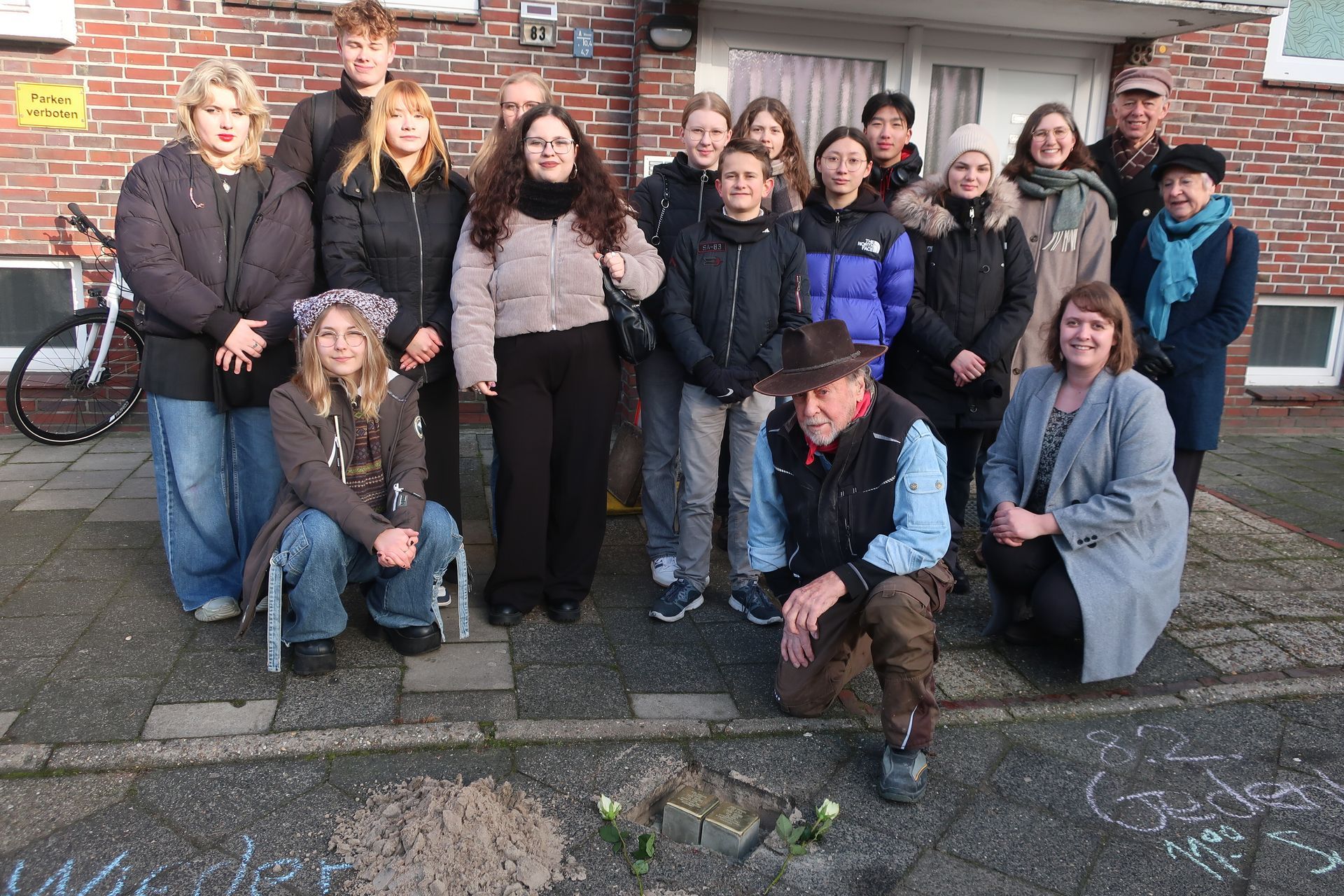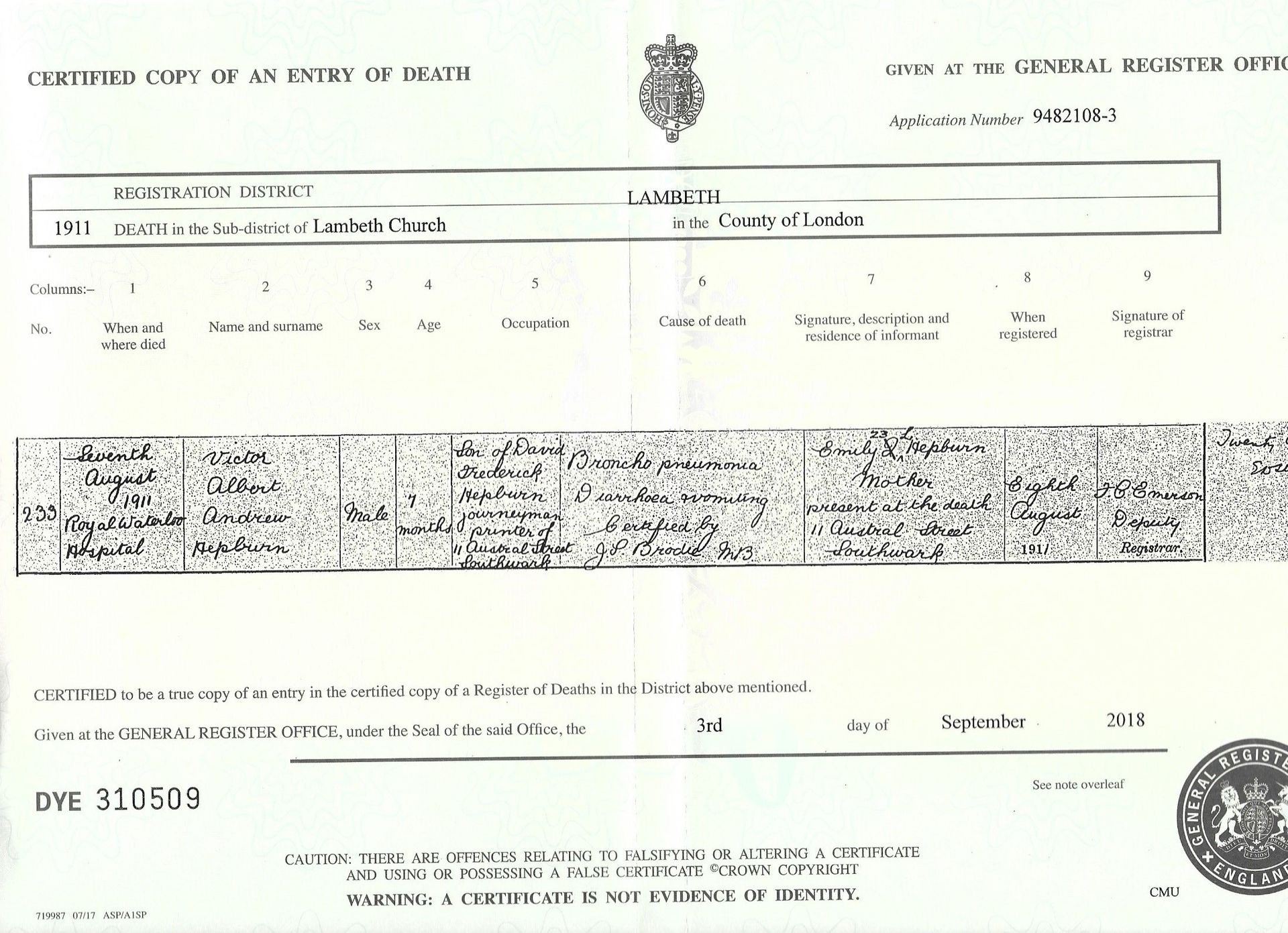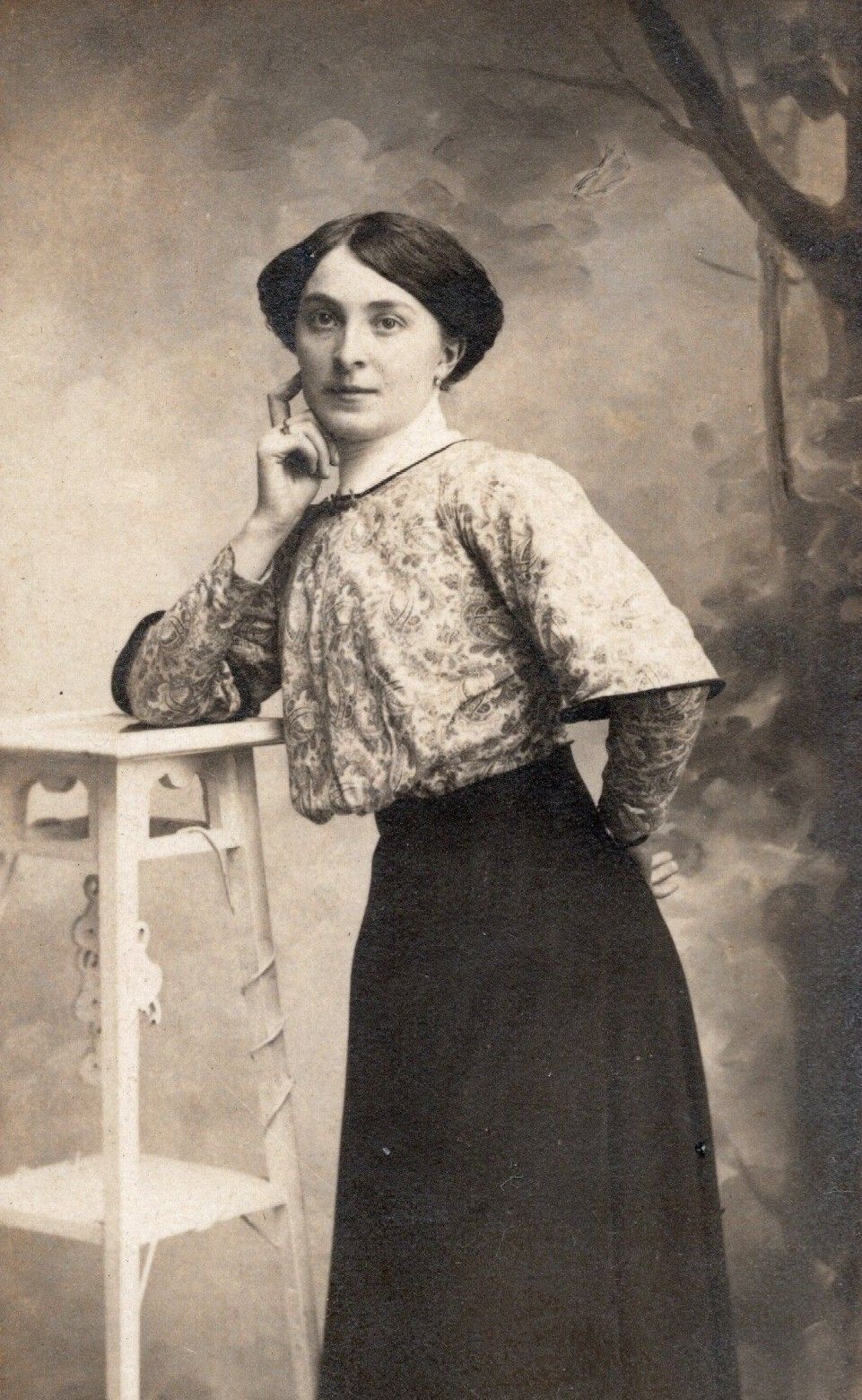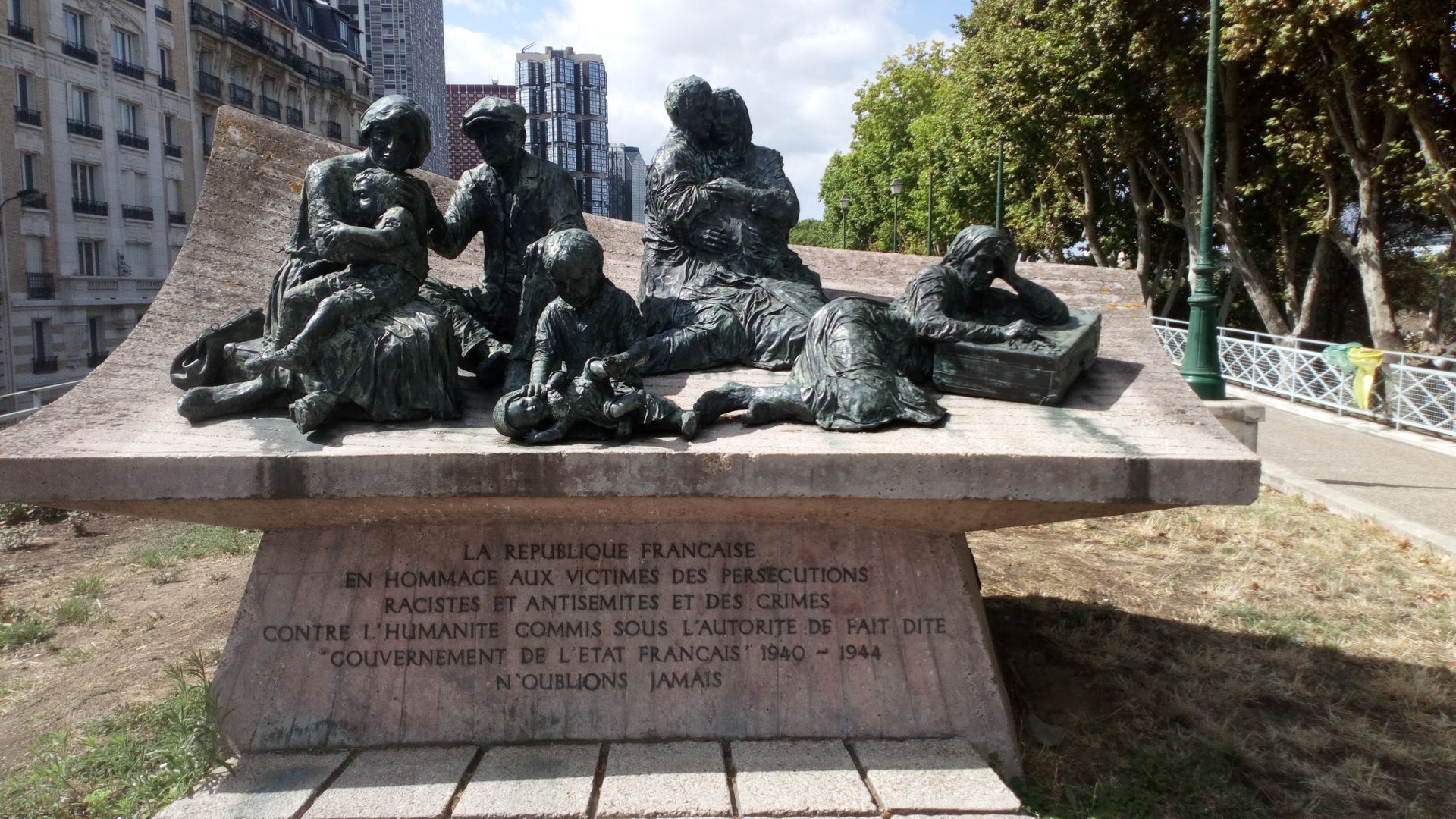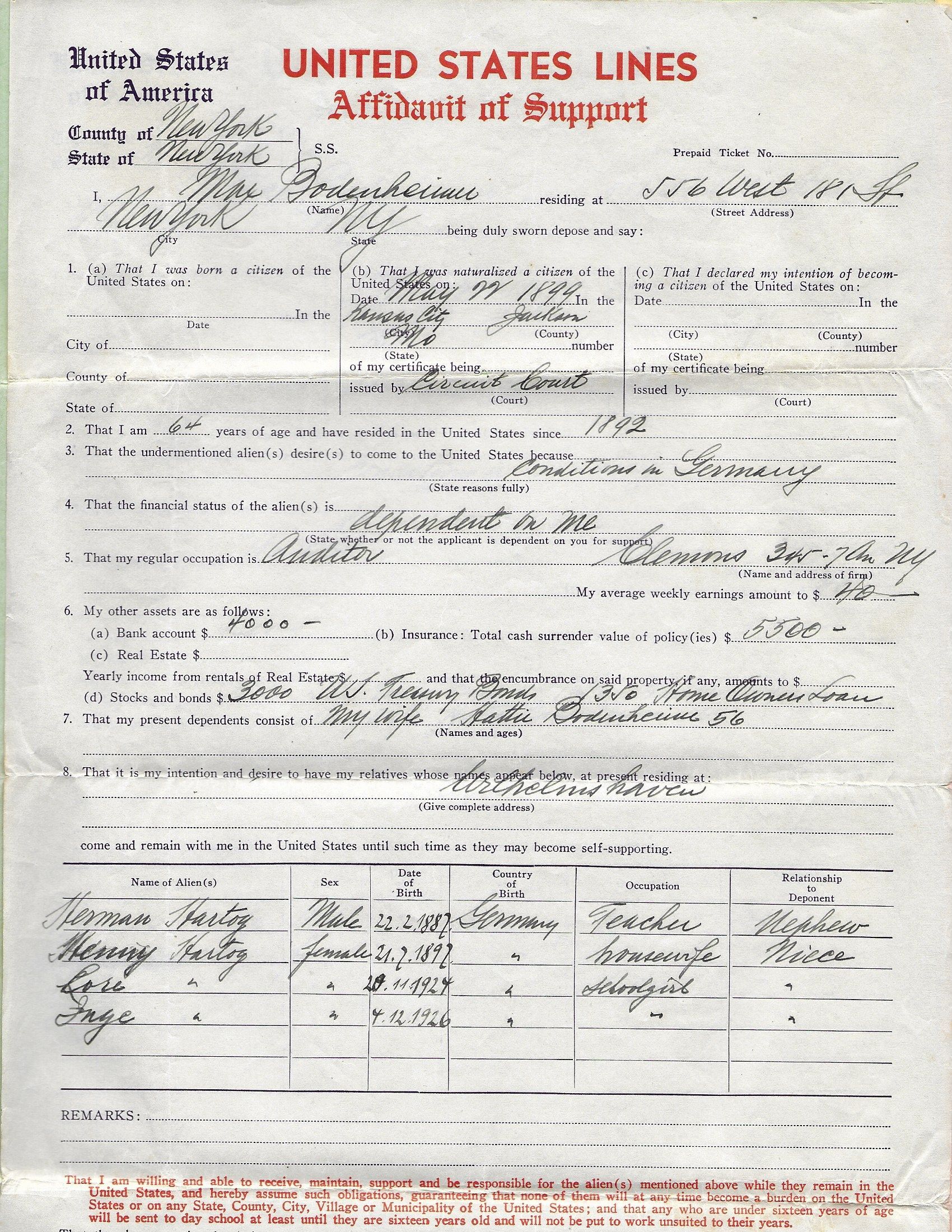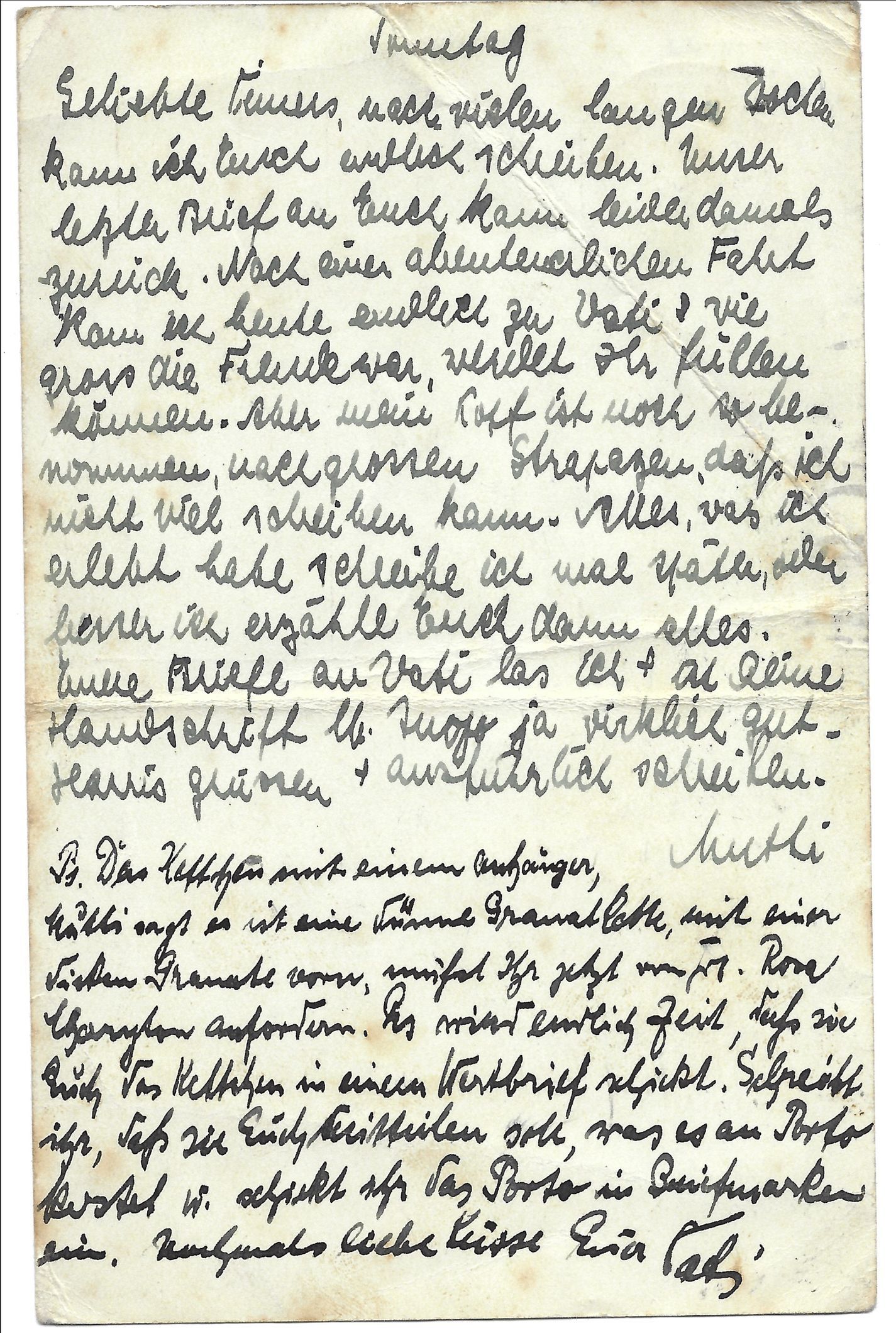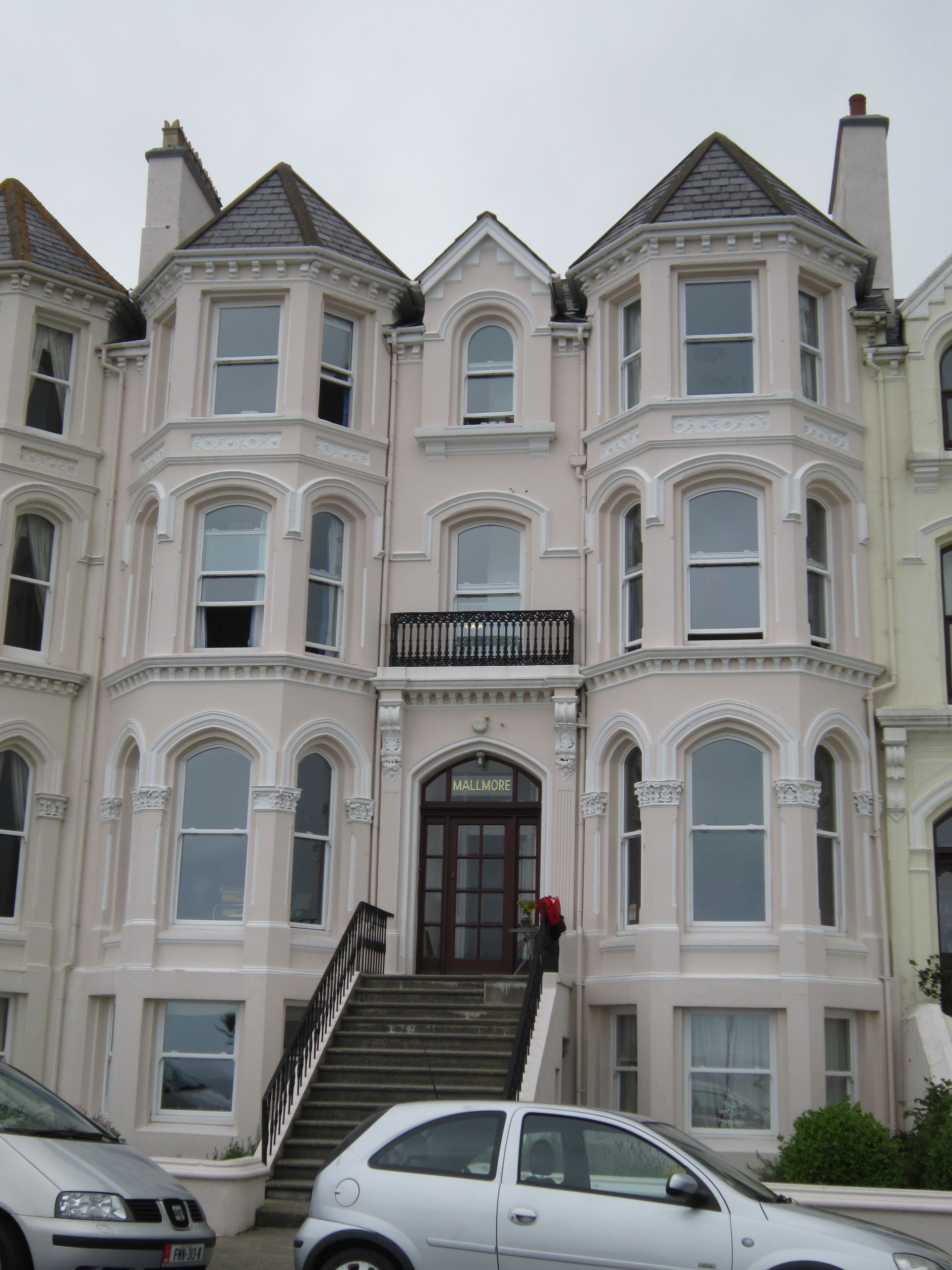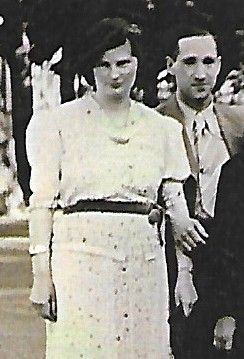Sulzbach family's contribution to Frankfurt life
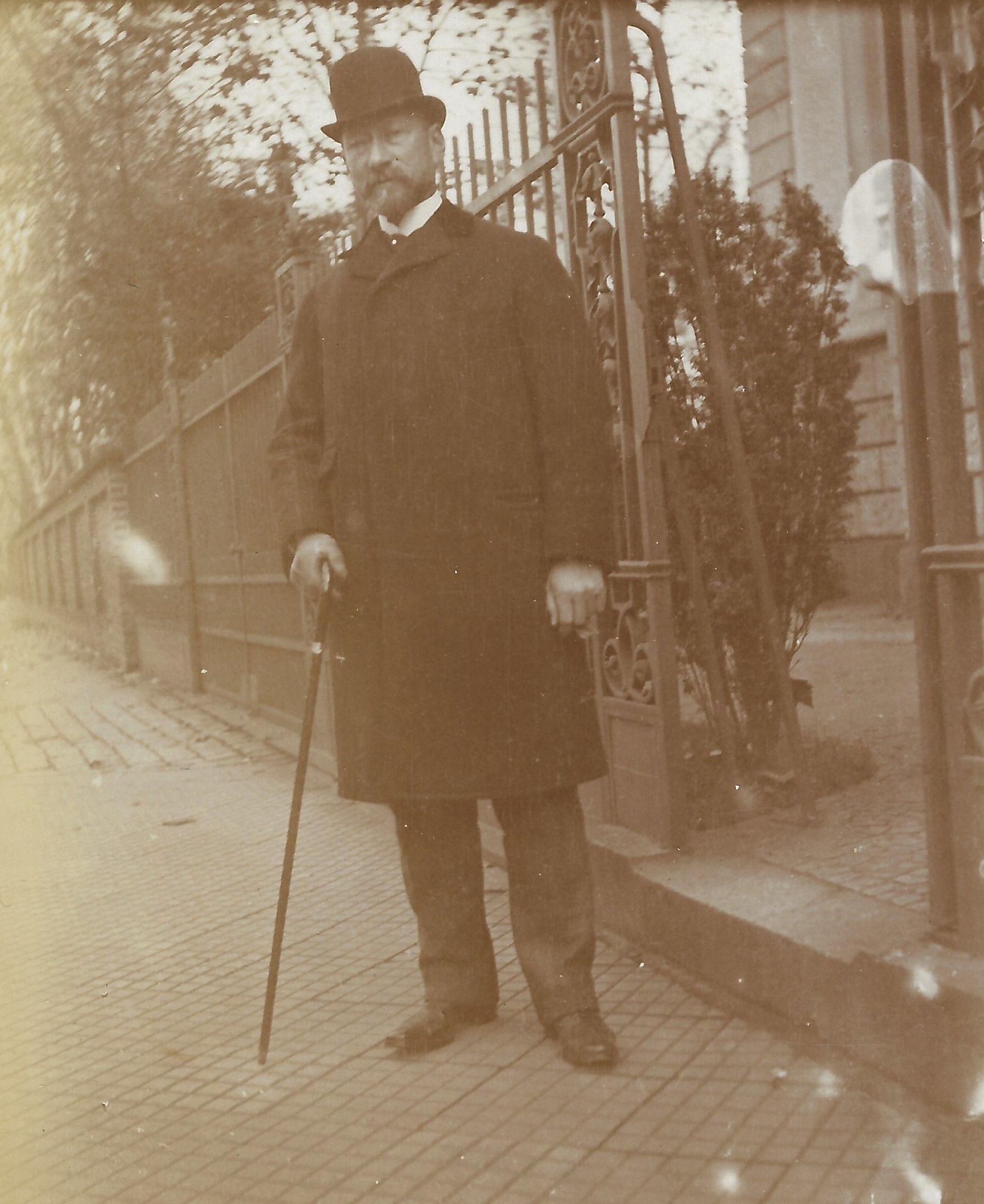
In the late 19th century, Herbert Sulzbach's parents joined the flow of other well-to-do families – many of them liberal Jews like themselves – who moved to the western part of Frankfurt. Emil Sulzbach was a wealthy banker and their neighbours were mainly other rich bankers, lawyers and jewellers. Emil and Julie had a huge villa built in Friedrichstrasse and this became the much-loved family home for Herbert and his brother and sister.
The Sulzbach family bank, Gebrüder Sulzbach, had been founded in 1856 by Herbert's grandfather, Rudolf, and his brother and it was the source of the great wealth that was passed on to future generations. Members of the Sulzbach family lived in opulence in Frankfurt during the eighteenth and nineteenth centuries.
But this wealth was also shared with the city. For example, the Sulzbachs contributed to the cost of the creation of the Palmengarten with its exotic plants and greenhouses which was built for the use and enjoyment of the people of Frankfurt. In winter, the lake in the garden often froze over and local people enjoyed meeting there to skate.
When Rudolf Sulzbach died in 1904, his sons (Herbert's father, Emil, and Karl) used part of their inherited fortune to establish a foundation of 100,000 marks for the education and training of talented young businessmen and for the benefit of those in need of help. Rudolf had already supported an endless number of other philanthropic ventures.
Emil Sulzbach had resigned from the family bank in 1894, just a few weeks before Herbert was born, in order to devote himself to music. He was then 38 years old and an accomplished pianist, as well as a composer. From 1904 until 1923, he was also the chair of the governing body of the Frankfurt Konservatorium when, with teachers such as Clara Schumann on the faculty, it became internationally known.
He was also actively involved in science, the arts, and various social institutions in the city and was generous in his patronage. He was on the board of the widows' and orphans' fund of the opera house, provided funds for student musicians, and was on the board of directors of the Senckenbergianum – Frankfurt's natural history museum. As Herbert said of Emil Sulzbach,
'I have often described my father as the most modest millionaire. He lived only for others, spending millions for music and poor musicians, helping thousands without ever mentioning his name.'
After his death in 1932, the city council honoured Emil Sulzbach with the naming of a street in Frankfurt in gratitude for his charitable works.
(photo shows Emil Sulzbach outside the gates to his villa in Friedrichstrasse, Frankfurt)
